About the Child Life Profession
Child Life Education, Training, and Professional Certification
Certified Child Life Specialists (CCLSs) are psychosocial care professionals dedicated to supporting children, adolescents, and families through stressful experience and trauma.
Our Strong Roots in Play & Psychosocial Support
Child Life began in the early 1900s to promote normalcy and development for children and families in isolated hospital environments where parental separation abounded. Children’s resilience and mastery over their experience came primarily through play, socialization, and therapeutic expression supported by the Child Life Specialist. Today, Child Life professionals serve anywhere children and families may experience stress that challenges their ability to cope and develop successfully, both in the community and the hospital.
Child Life Education & Credentialing
Individuals holding a certification in Child Life must demonstrate mastery of Child Life competencies through experience, education, and clinical training to support coping and resilience with a diverse range of children, youth, and families. Rooted in the theory and practice of development and psychology, certified Child Life professionals have earned at least a bachelor’s degree in Child Life or a related field (with many choosing to complete a Master’s degree) and completed specific university level Child Life course criteria, Child Life practicums and volunteer work, at least 600 hours of a clinical Child Life internship, and passed the Child Life Professional Certification Examination through the Association of Child Life Professionals.
Child Life Foundational Skills
Child Development • Family Systems • Therapeutic Play • Coping Facilitation and Strategies • Healthcare Play • Procedural Support • Therapeutic Interventions • Patient and Family Advocacy • Family Support • Psychological Preparation & Education • Bereavement, Loss, & Grief • Assessment • Non-pharmacological Pain Management • Patient Experience & Family-Centered Care
Child Life in the Healthcare Setting
Child Life’s roots began in the hospital setting with children, youth, and families. Today, its work is vibrant through a variety of inpatient and outpatient settings, from one-person programs to extensive teams in Child Life departments throughout the world. You can find a team of Child Life professionals in all children’s hospitals and most children’s inpatient and outpatient units of primarily adult care hospitals. Occasionally, CCLSs are imbedded into pediatric clinics, dental offices, allergy and immunology practices, and pediatric hospice.
Child Life in the Community
In the last few decades, Child Life has been recognized to have far reaching benefits beyond the hospital and into the community. Currently, Child Life professionals serve in a number of community capacities.
Areas include:
Adoption and Foster Care Agencies
Child Advocacy Programs and Judicial Systems
Camps with a Medical or Behavioral Health Emphasis
Community Support and Crisis Centers, such as Adult Cancer Support Centers or Homeless Shelters
Disaster Relief Agencies and Programs
Early Intervention Programs and Services
Grief and Bereavement Centers
Home Healthcare and Hospice Programs
Medical Homes for Children
Medical Missions
Pediatric Dental Clinics
Pediatric Clinics and Private Practice
Rehabilitation Centers and Settings
School Systems
Certified Child Life Specialists are expanding into new roles throughout their community, so check back often to see highlights of these programs throughout the world.
Our Vision: Integrating Child Life into Military Communities and Healthcare
It is MCLC’s vision to strengthen and expand current Child Life programming within Military Treatment Facilities, embed Child Life Specialists into MTFs who serve a large pediatric population and do not have Child Life services, and to support the integration of Child Life into community services and educational programming, both on base and in surrounding areas.




